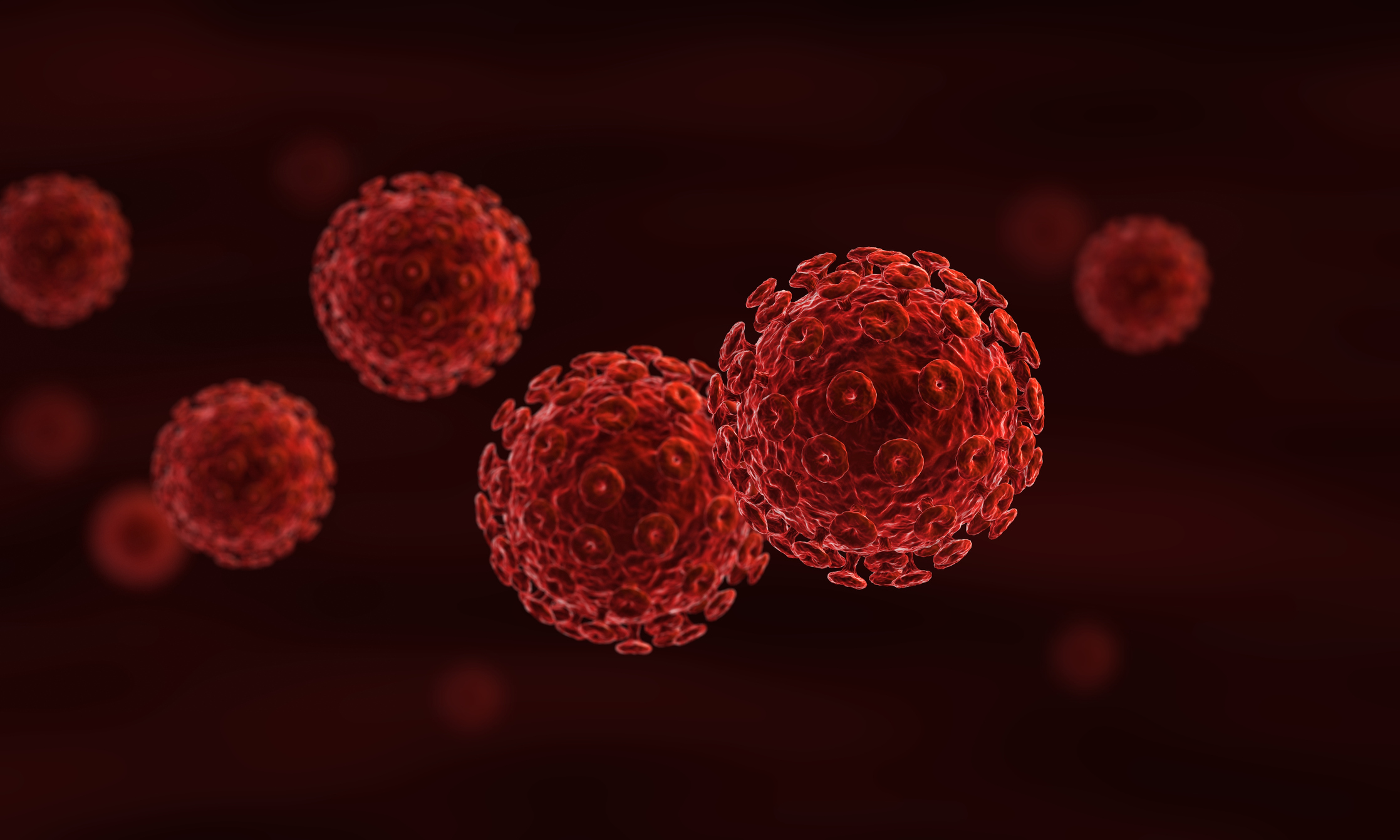Autoimmune hepatitis (AIH) is a necroinflammatory liver disease commonly presenting with a fluctuating course of activity, presence of circulating autoantibodies, hyperglobulinemia of IgG, and/or response to immunosuppressive drugs. However, the disease displays a considerable heterogeneity. No single clinical or biochemical test may establish diagnosis of AIH. Thus, diagnosis still requires extensive clinical evaluation and experience. Prednisolone and azathioprine are considered standard treatment leading to remission in most patients. However, this standard treatment may not be effective in some patients or not be feasible due to one of these drugs. Over the past two decades additional immunosuppressant drugs for the treatment of AIH have been evaluated and have significantly extended the therapeutic spectrum. Among those novel drugs are mycophenolate mofetil, tacrolimus, everolimus, 6-mercaptopurine, infliximab, rituximab and several others. In this review we summarize the current standard of therapy but also efforts of providing novel therapeutic strategies to AIH patients.
Autoimmune Hepatitis: a Review of Established and Evolving Treatments.


